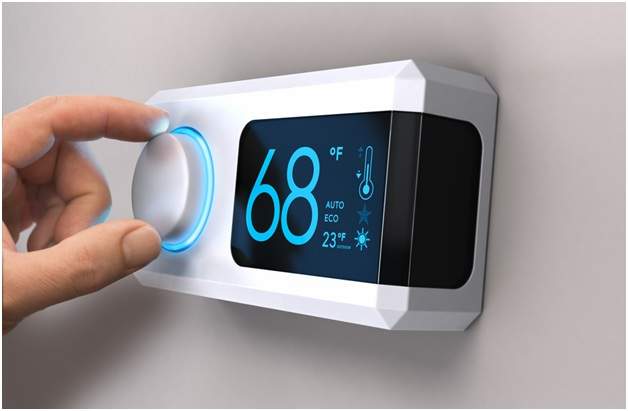Are you buying a home for the first time? Being a new homeowner can be overwhelming, especially if you want to save energy. Read on to learn more about some basic energy saving tips you can utilize after you move into your dream home.
Self-audit Your Home
If you are serious about saving energy and money in your new home, then you need to self-audit to see how you can save energy. Self-audit is as easy as using an app, which will analyze the amount of energy your home is using. Of course, you can also hire an auditor to do the job if you aren’t tech-savvy. They will go over the following areas to rule out where your home is using the most energy:
- Insulations and air sealing
- Home appliances
- Space heating and cooling
- Lighting and day-lighting
- Water heating
- Windows, skylights, and doors
By reducing those areas with high energy, you can save money on those utility bills that might be more expensive than your apartment was. A new home might be bigger, so by staying aware of your energy levels, you can stay a step ahead of high utility bills.
However, the significant aspect of utilizing a self-audit is that they will give your recommendations to save energy throughout your home. This means could mean closing up thoseair leaks around areas like windows, doors, walls, electrical outlets, and even lighting fixtures. You could even help reduce all that energy waster by increasing the amount of insulation in your home. That extra insulation can also keep you warmer in those cold winter months.
Then, you might decide to buy a new heating/cooling system if your current one is wasting too much energy. Purchasing a new high-efficiency one might sound expensive, but it could save you money in the long run.
8 Basic Tips for New Homeowners
1. Buy a programmable thermostat
Turning your thermostat on and off can take too much energy. You can save money by buying a programmable thermostat and setting it on a specific temperature. It should automatically shut off when it gets to the set room temperature.
2. Keep windows and doors shut
If you have any cracks or open windows, the cool or warm air from your heating/cooling system will escape outside. That means your system will need to expend more energy to keep your room at the temperature you set it on, making your monthly bills increase.
3. Wash clothes in cold water
Warm water has to be heated up, while cold doesn’t, so try to use cold water when you are washing clothes.
4. Clean and replace filters regularly
You rob yourself if you don’t clean and replace those filters since all your cool or warm air isn’t getting through all that filth that clogs up those filters. Change them, and you will see a difference.
5. During warmer months, close blinds, shades, and drapes on the sunny side of your home.
You wouldn’t believe the difference closing that sunlight out of your home can do to cool it up. YourAC also won’t have to do as much work with even that little bit of sun can make your home feel hotter.
6. Unplug those unused electronics
Most people have a habit of leaving your electronics charging or plugged in since it’s more convenient. However, they are still using energy to power or charge them. Reduce your monthly bill by unplugging each time you are done with them.
7. Utilizing natural light
When’s the last time you turned all your lights and used the sunlight? Sunlight can be useful if you have enough windows to see, so if it isn’t too hot, use the sunlight as your kitchen light. You don’t have to eat your lunch with your electrical lights all the time.
8. Replace light bulbs
LEDs use less energy than those other types of light bulbs. Change to the light bulbs in your house.
If you want to save energy and money when you move into your new home, then get a self-audit and make smarter choices. You don’t have to overspend on those utility bills when you can watch how your daily choices impact the amount of energy that is used in your house. Make the decision now to change your old ways where you weren’t paying attention to the energy you use. It can save you money to use for vacation or emergency expenses!
